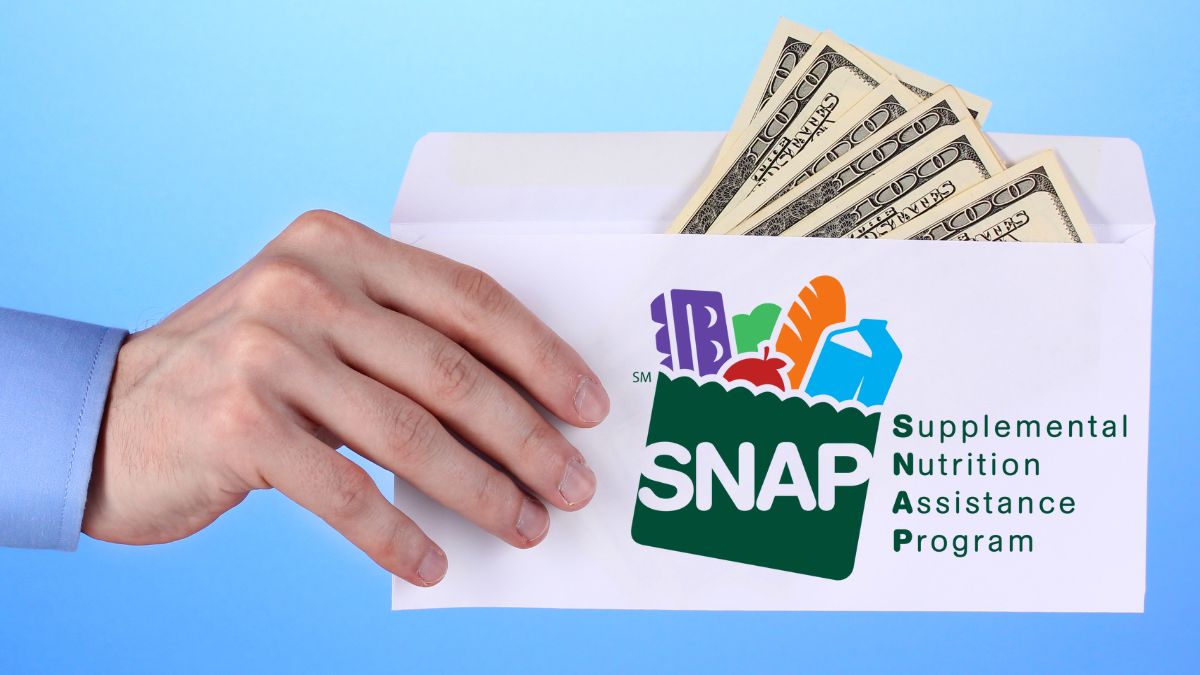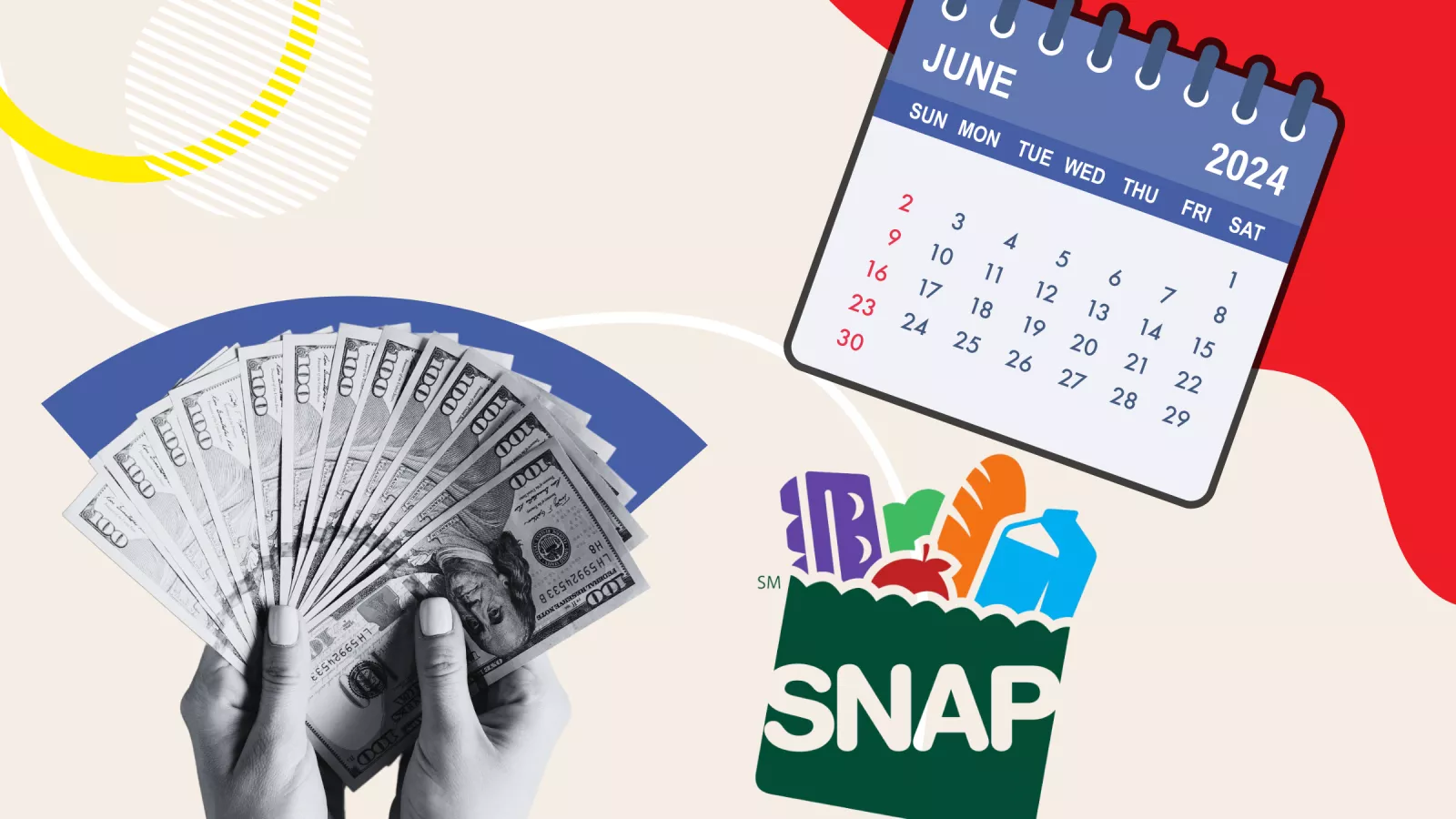Trump’s Shocking SNAP Benefits Overhaul: What You Need to Know Now
The Supplemental Nutrition Assistance Program (SNAP), a vital lifeline for low- and no-income families, faces uncertainty as the new presidency begins. President-elect Donald Trump’s administration has sparked concern about the program’s management, with hints that it might undergo significant scrutiny or cuts.

Concerns Over SNAP’s Future
Leading the charge for “efficiency” in government programs is a newly formed advisory body, the Department for Government Efficiency (DOGE), led by Vivek Ramaswamy, founder of Roivant Sciences, and Elon Musk, CEO of Tesla and SpaceX. Their stated goal is to eliminate waste across federal programs, with SNAP being a prime target. Ramaswamy has cited that SNAP loses $1 billion monthly to overpayments and fraud, pointing to issues such as states failing to disqualify recipients whose incomes exceed eligibility thresholds and fraudsters exploiting loopholes to collect benefits in multiple states. According to Ramaswamy, addressing these inefficiencies could save billions annually, a non-partisan objective, he argues.
The Challenges with SNAP
SNAP’s problems are not new and extend beyond fraud. Its electronic benefit transfer (EBT) system, which loads funds onto debit-like cards for use in stores and online, has been plagued by scams such as cloning, phishing, and skimming. From Q2 2023 alone, over 810,000 cases of fraud were reported to the USDA, leading to the replacement of $150 million in stolen benefits. Payment errors have also emerged as a critical issue. For fiscal year 2023, SNAP reported a national overpayment rate of 10.03% and an underpayment rate of 1.64%. These errors vary significantly by state, with Alaska recording a staggering error rate of 60.37% compared to South Dakota’s low of 3.27%.
The USDA clarified in June 2024 that most payment errors are unintentional, arising from mistakes by state agencies or households in determining eligibility or benefit amounts. While fraud penalties can be enforced, errors due to genuine mistakes cannot be classified as fraudulent, complicating efforts to recover lost funds. Efforts to address SNAP’s challenges include calls for stricter state-level oversight, higher fraud penalties, and urgent action to rectify persistent issues. However, as a state-administered program funded federally, penalties and enforcement measures vary widely, limiting the effectiveness of such interventions.
The Broader Scope of DOGE
The DOGE advisory body aims to expand its fraud-prevention efforts beyond SNAP, targeting programs like Social Security and Medicare. While these programs are not known for rampant fraud, DOGE views them as areas with potential inefficiencies. Despite the concerns, Ramaswamy has assured that large-scale cuts to SNAP and similar programs are unlikely, as these decisions ultimately rest with Congress and the voters. Nevertheless, the looming threat of cuts to social safety nets underscores the need for vigilance and advocacy to protect essential programs.

Looking Ahead
SNAP’s future hangs in the balance as efforts to enhance efficiency and curb fraud gain momentum. While reforms are necessary, balancing cost-cutting with the need to support vulnerable populations remains a pressing challenge for policymakers.


Comments are closed, but trackbacks and pingbacks are open.